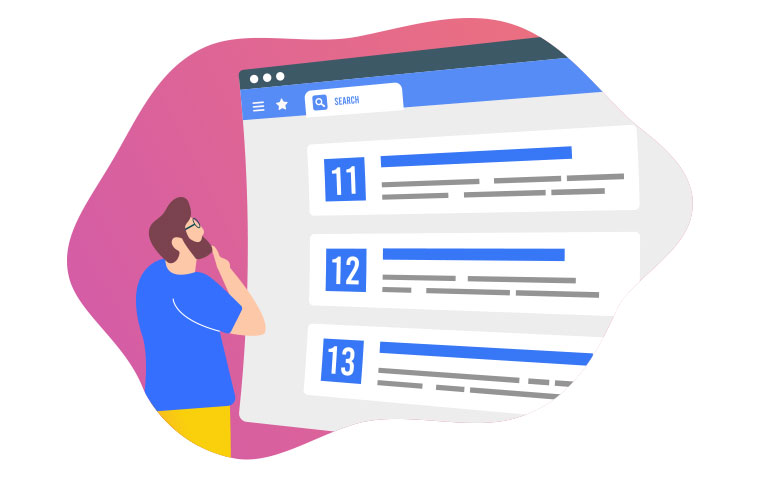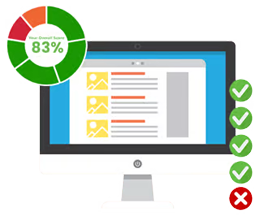Demystifying Meta Data: Unlocking the Power of Webpage Metadata

In the vast and interconnected realm of the internet, responsive websites are the digital storefronts of businesses, the information hubs for enthusiasts, and the canvases for artistic expression. But what makes a webpage truly stand out and be easily discoverable by search engines and users alike? The answer lies in one of the internet's unsung heroes: metadata. In this blog post, we will delve into the world of webpage metadata to understand what it is, why it matters to SEO, and how to harness its power for better online visibility.
What is Webpage Metadata?
Metadata, in the context of webpages, is a set of data that provides information about the webpage itself. It is not visible on the page to the user but plays a critical role in how search engines and social media platforms display and understand the content.
Here are some common types of webpage metadata:
1. Title Tag
The title tag is perhaps the most crucial piece of metadata. It defines the title of the webpage and appears as the clickable link in search engine results. It should be concise, descriptive, and relevant to the content of the page.
2. Meta Description
The meta description is a brief summary of the webpage's content. It appears below the title in search results and aims to entice users to click on the link. A well-crafted meta description can significantly impact click-through rates.
3. Meta Keywords (Less Important)
In the past, meta keywords were used to tell search engines about the main topics of a webpage. However, due to misuse and spamming, most search engines no longer consider them when ranking pages.
4. Meta Robots Tag
The meta robots tag instructs search engine crawlers on how to index and follow links on a webpage. It can be used to prevent indexing of certain pages or to control the behavior of search engine bots.
5. Open Graph and Twitter Cards
These are specific metadata tags used for social media platforms. They allow you to control how your content appears when shared on sites like Facebook and Twitter, including the image, title, and description.
Why Does Webpage Metadata Matter?
Search Engine Optimisation (SEO)
Properly optimised metadata can improve a webpage's ranking in search engine results. When your title and meta description are relevant and compelling, users are more likely to click through to your site.
User Experience
Clear and informative metadata helps users understand what a webpage is about before they click on it. This improves the overall user experience by ensuring that visitors find what they're looking for.
Social Sharing
When your webpage is shared on social media, metadata controls how it appears in users' feeds. Well-optimised Open Graph and Twitter Card tags can lead to more engaging social shares.
Accessibility
Metadata can also help make your webpage more accessible. Screen readers and other assistive technologies use metadata to provide information about the page to users with disabilities.
How to Optimise Webpage Metadata
Keyword Research: Identify relevant keywords for your content and incorporate them naturally into your title and meta description.
Keep it Concise: Title tags should be around 50-60 characters, and meta descriptions should be around 150-160 characters to ensure they display correctly in search results.
Be Descriptive: Craft informative and engaging title tags and meta descriptions that accurately represent the content of your page.
Use Schema Markup: Implement schema markup to provide structured data to search engines, helping them understand your content better.
Regular Updates: Periodically review and update your metadata to ensure it remains relevant and effective.
In conclusion, metadata may not be visible to the naked eye, but it is a crucial element in making webpages discoverable and user-friendly. By optimising your webpage's metadata, you can enhance its visibility in search engine results, improve the user experience, and increase its shareability on social media. In the ever-evolving digital landscape, understanding and harnessing the power of metadata is a fundamental step toward online success.



